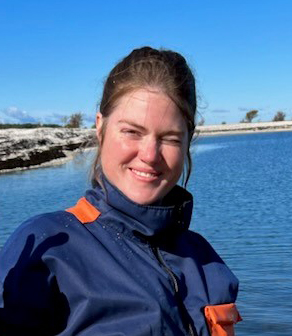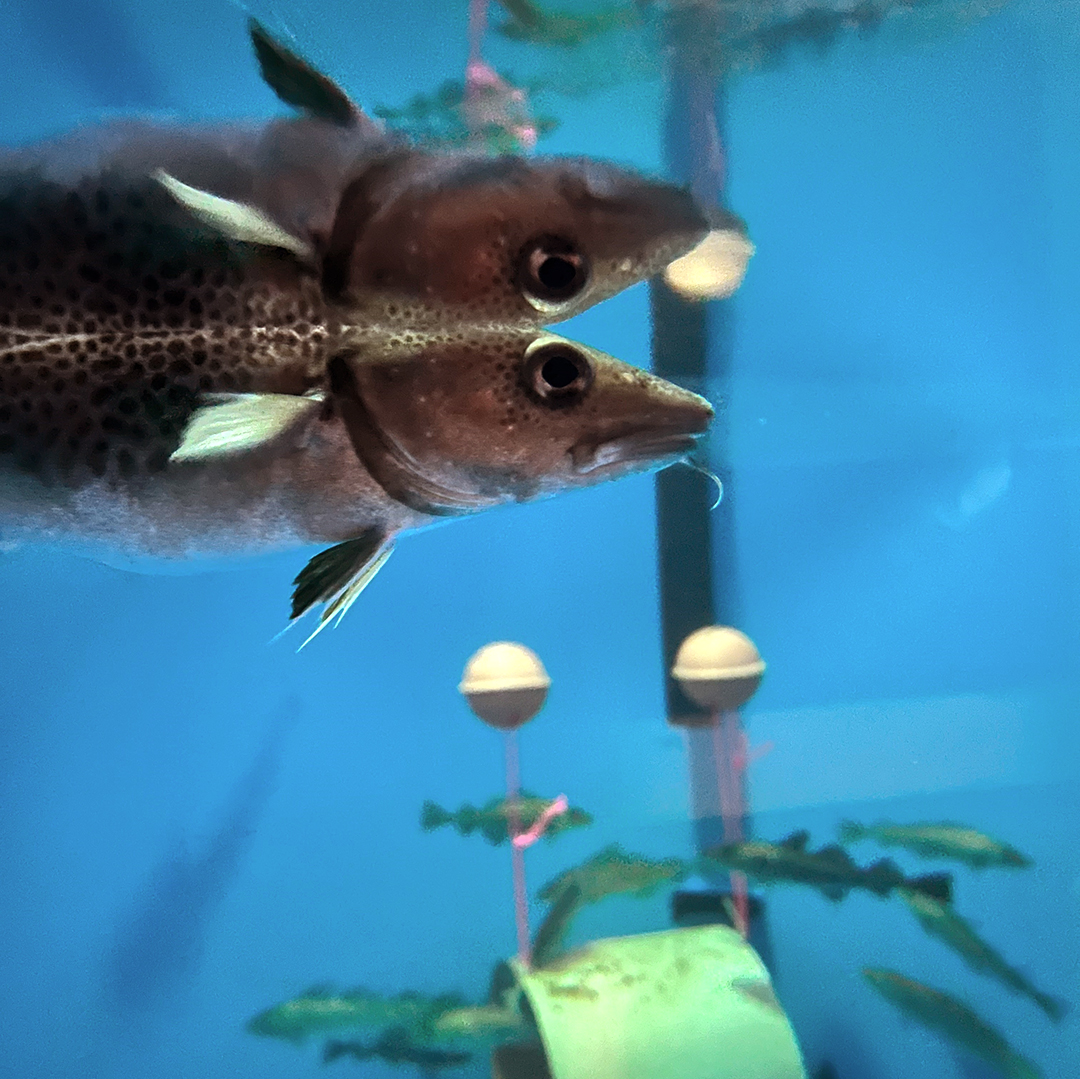On Thursday last week, Johanna Fröjd, project manager for ReCod, went on a 6-day expedition with SLU’s research vessel Svea. The expedition is part of BITS (Baltic International Trawl Survey), which is carried out twice a year, and is a collaboration between several Baltic Sea countries with the main purpose of collecting data on different fish stocks in the Baltic Sea. The trawl survey is carried out in different places in the inland sea, and some of the fish are saved especially for the ReCod project.

– To ensure genetic variation in the cod larvae that hatch at the station, we need to continuously bring in new cod to the project. It also means that some cod that have been with us for a long time will leave the station, says Johanna.
Just a few weeks ago, about twenty cod left the research station in Ar, where the project ReCod is being carried out. Their new home is now the Baltic Sea Science Center at Skansen.
Late on Wednesday evening, Svea arrived at the port of Slite on Gotland. About hundred cod were driven to the research station Ar where they are currently resting and eating.
– They seem to be in good condition after the trip, but the cod in the Baltic Sea is not doing well. They are small and slender, and some become sexually mature already at 18 centimeters. When such small fish spawn, the quality of the offspring is negatively affected, which means that the chance of eggs and larvae surviving is reduced. It is incredibly sad to witness how the cod, which has previously been so strong, has been so drastically decimated, says Johanna.
But the hope is that the negative trend will be reversed. If the project ReCod is successful, there is an opportunity for reestablishment of cod in the Baltic Sea in more places, which increases the chances of preserving and protecting the unique eastern stock.


